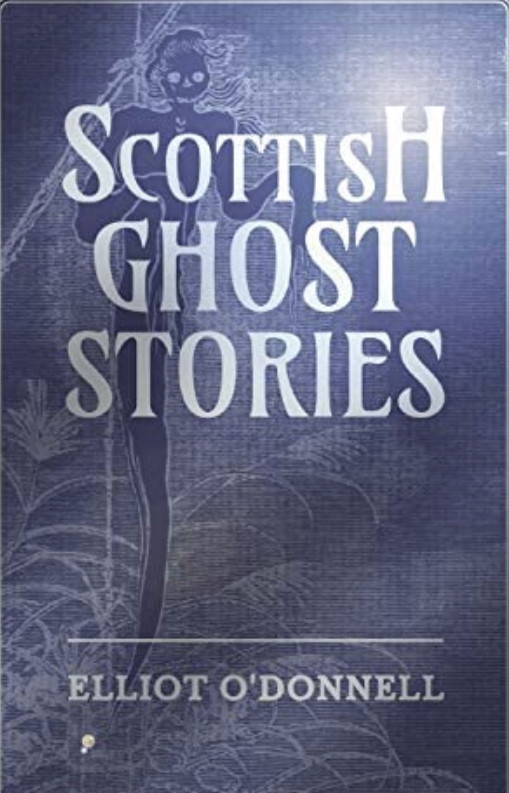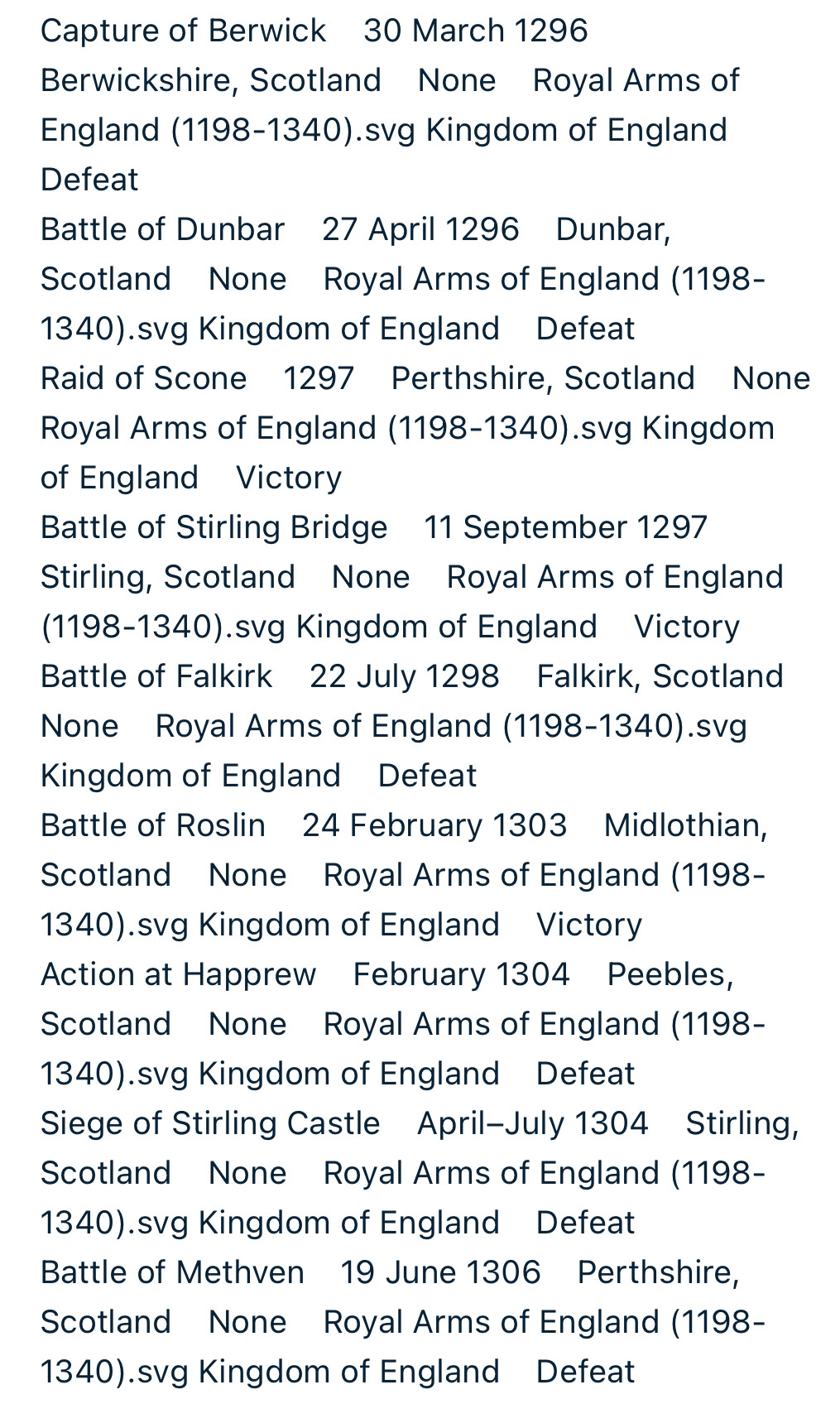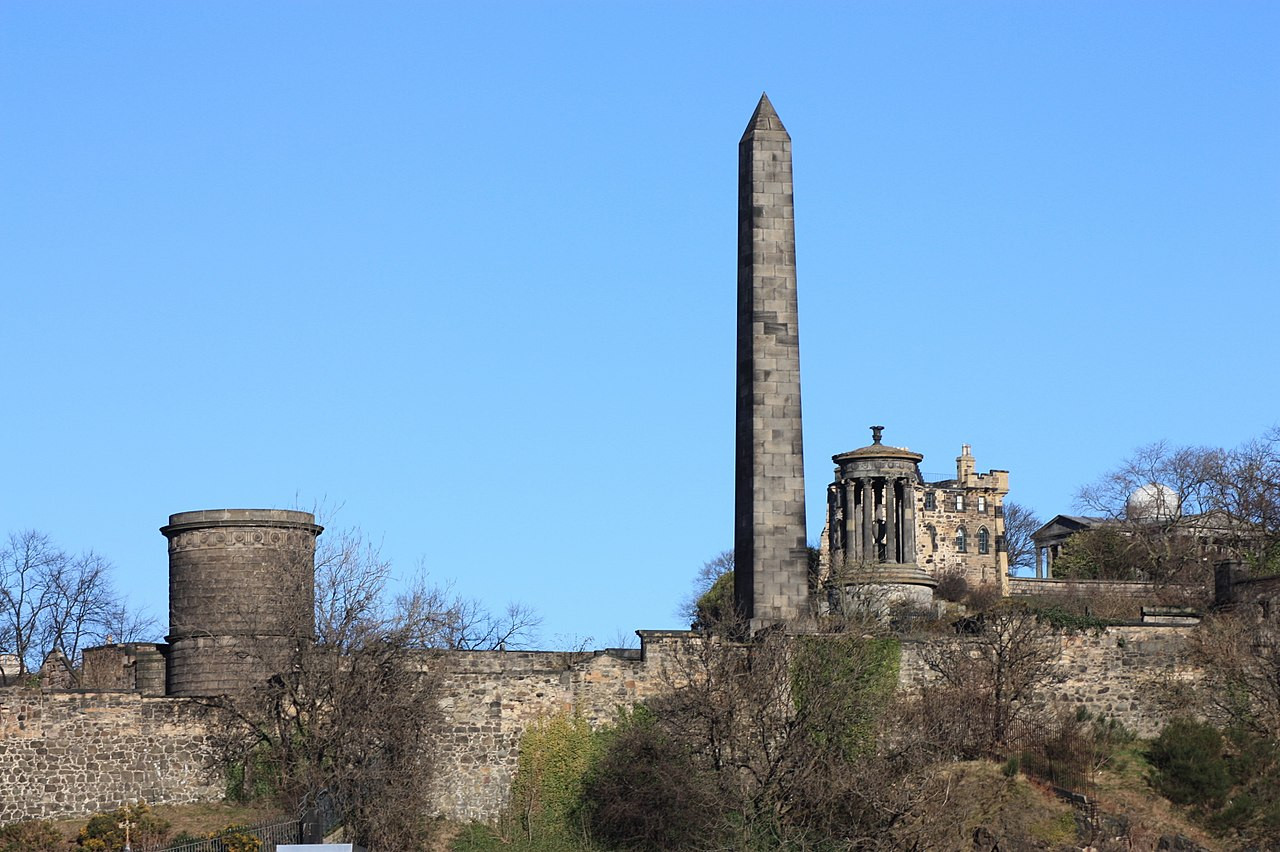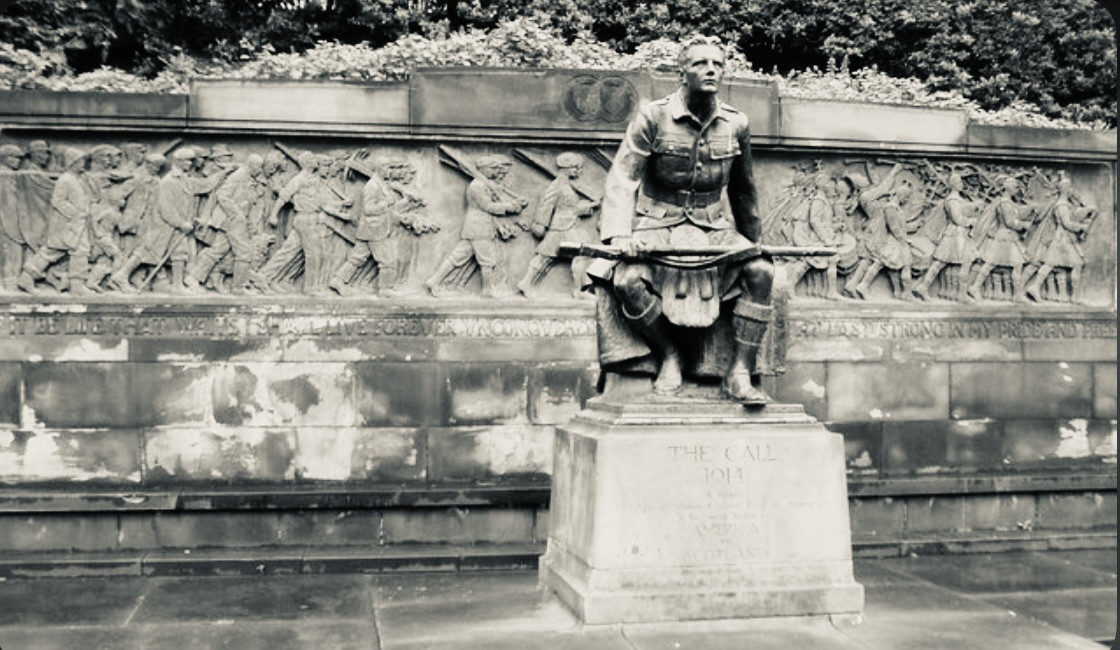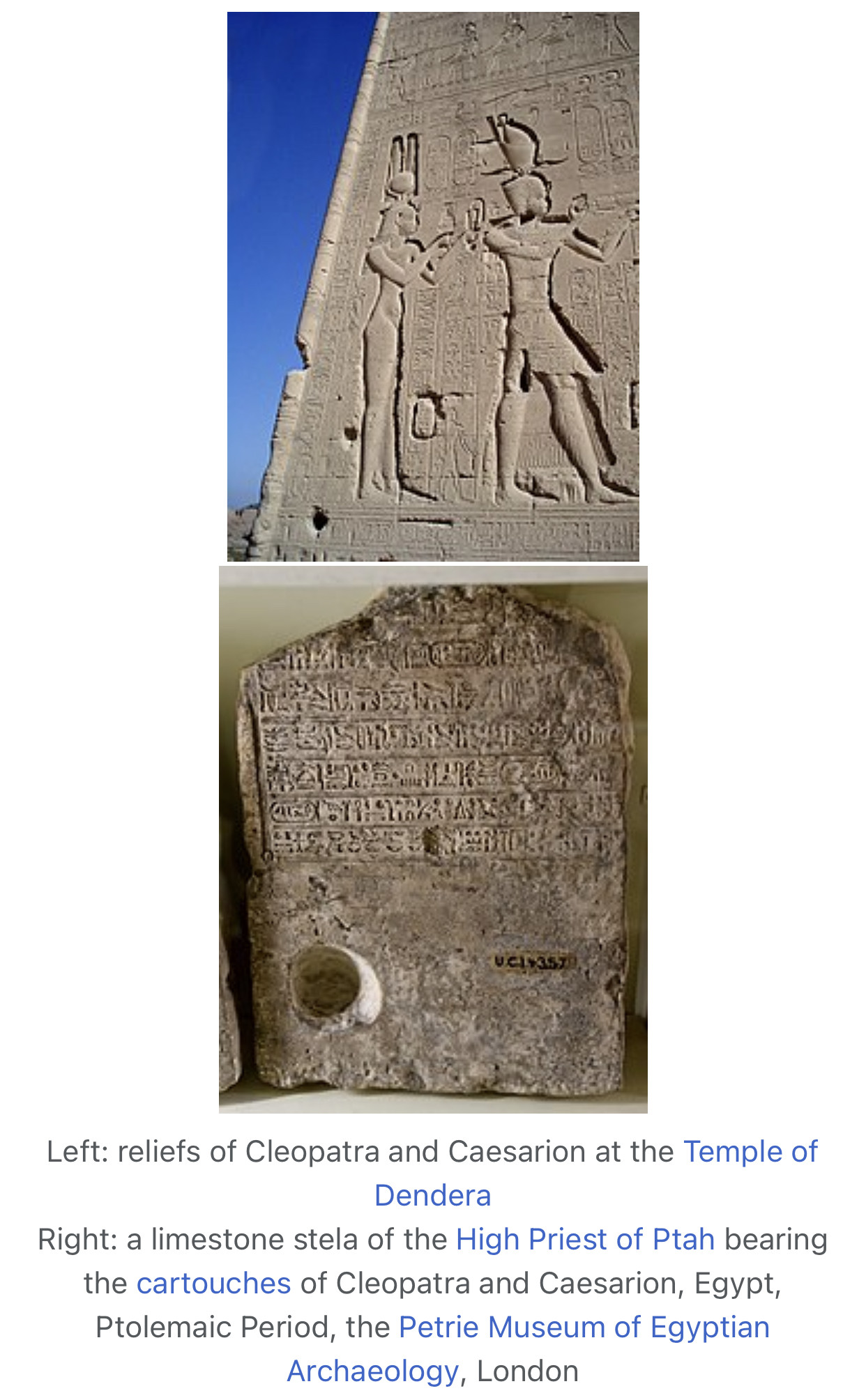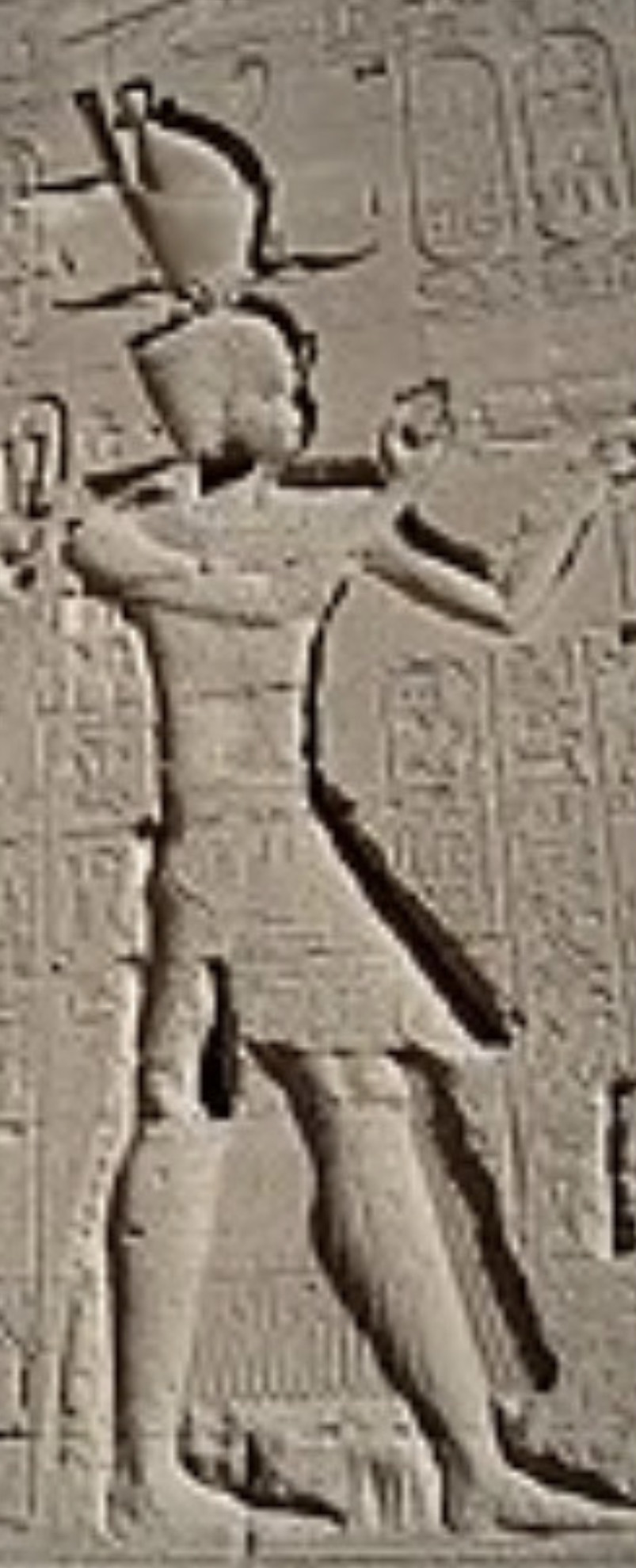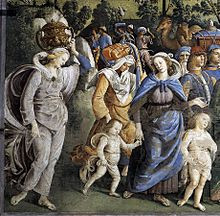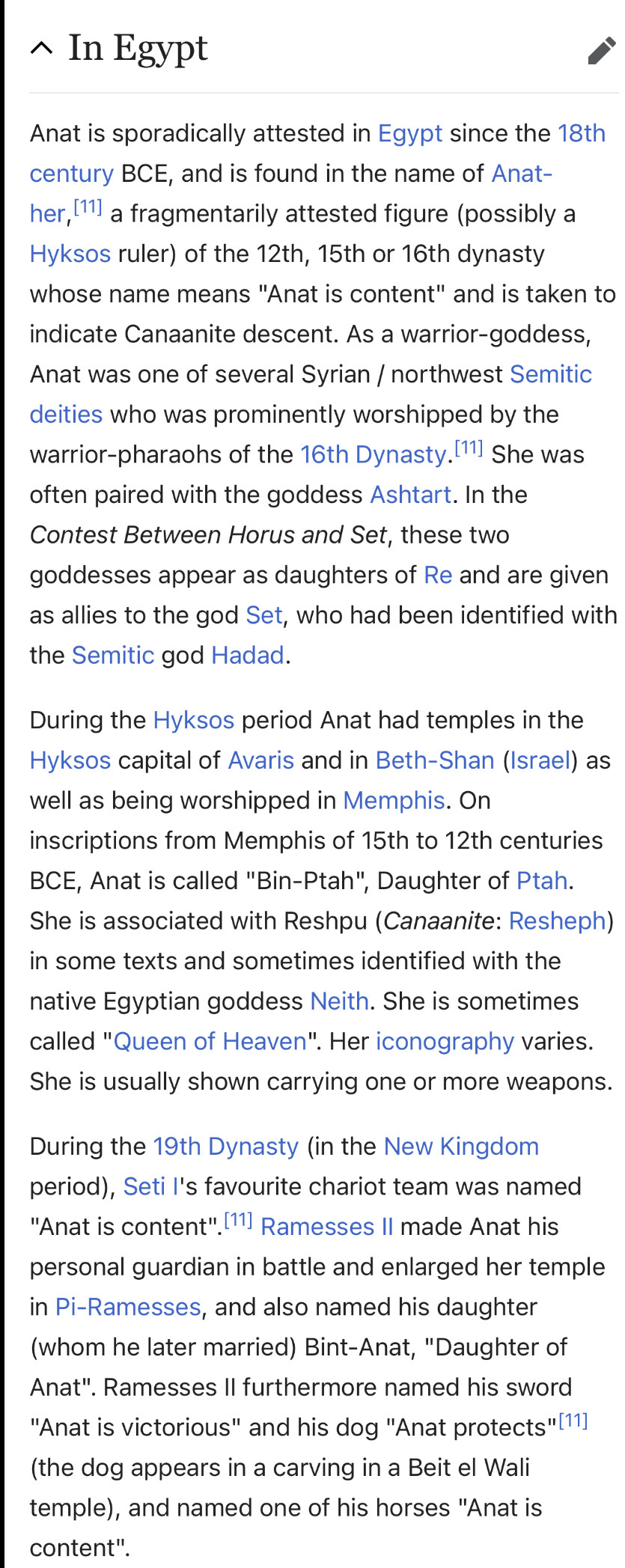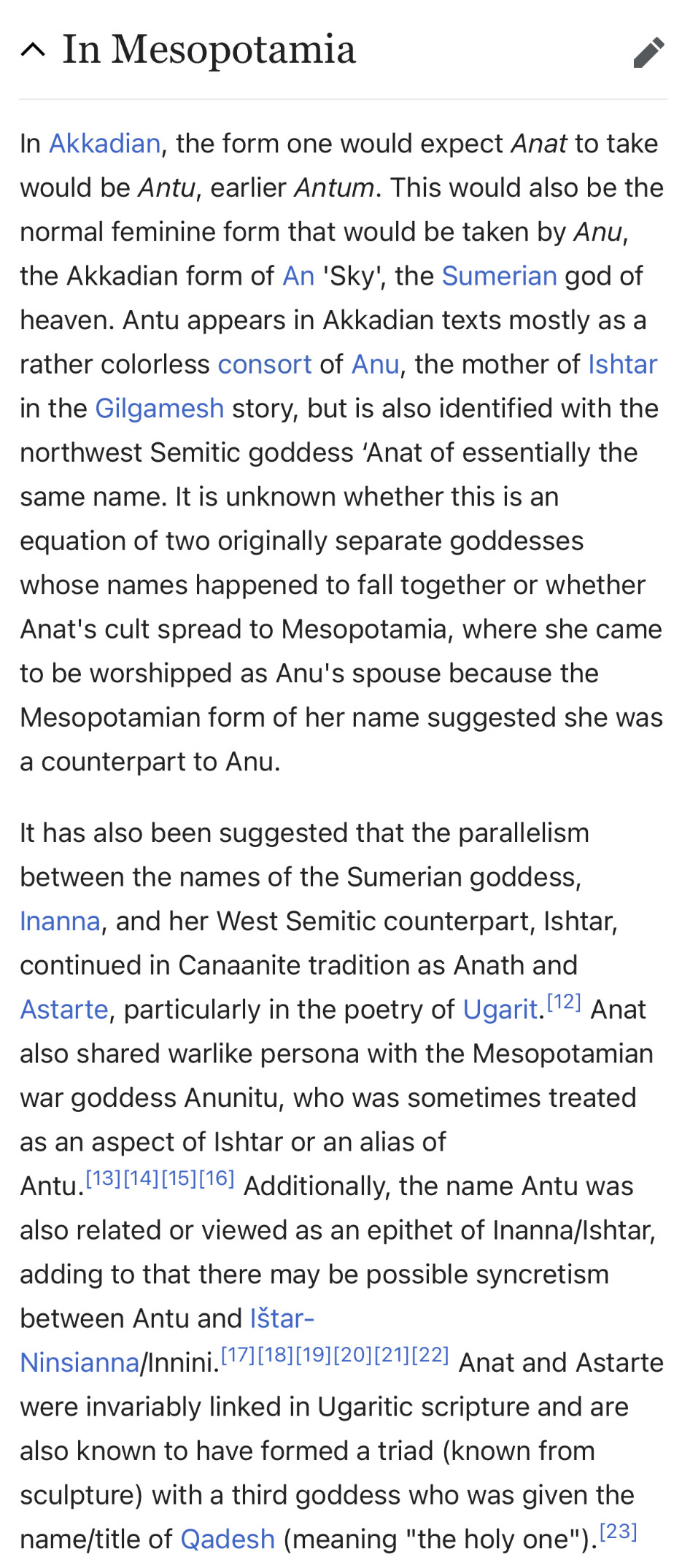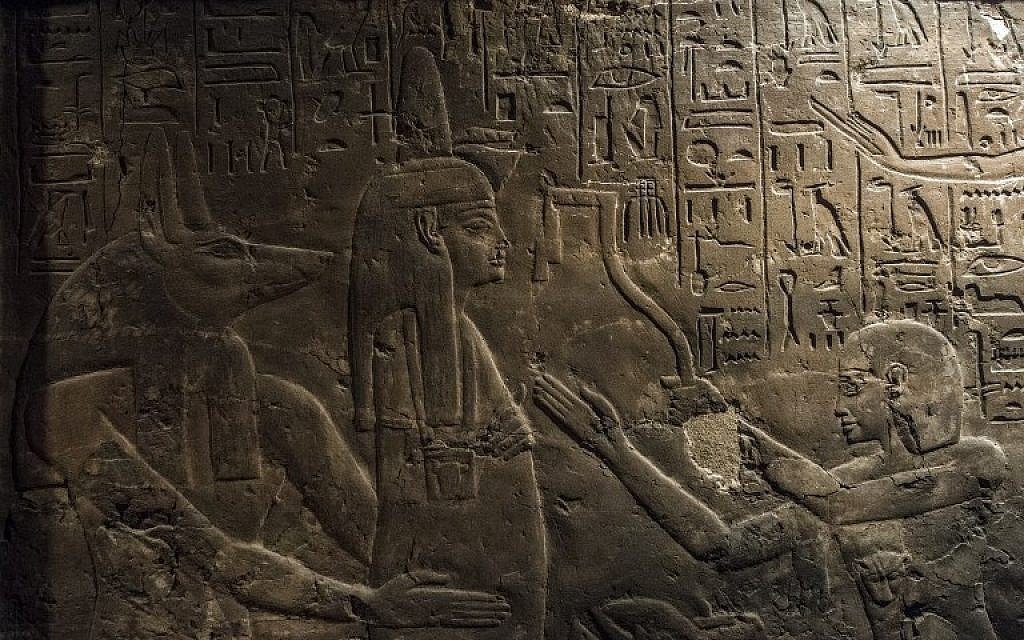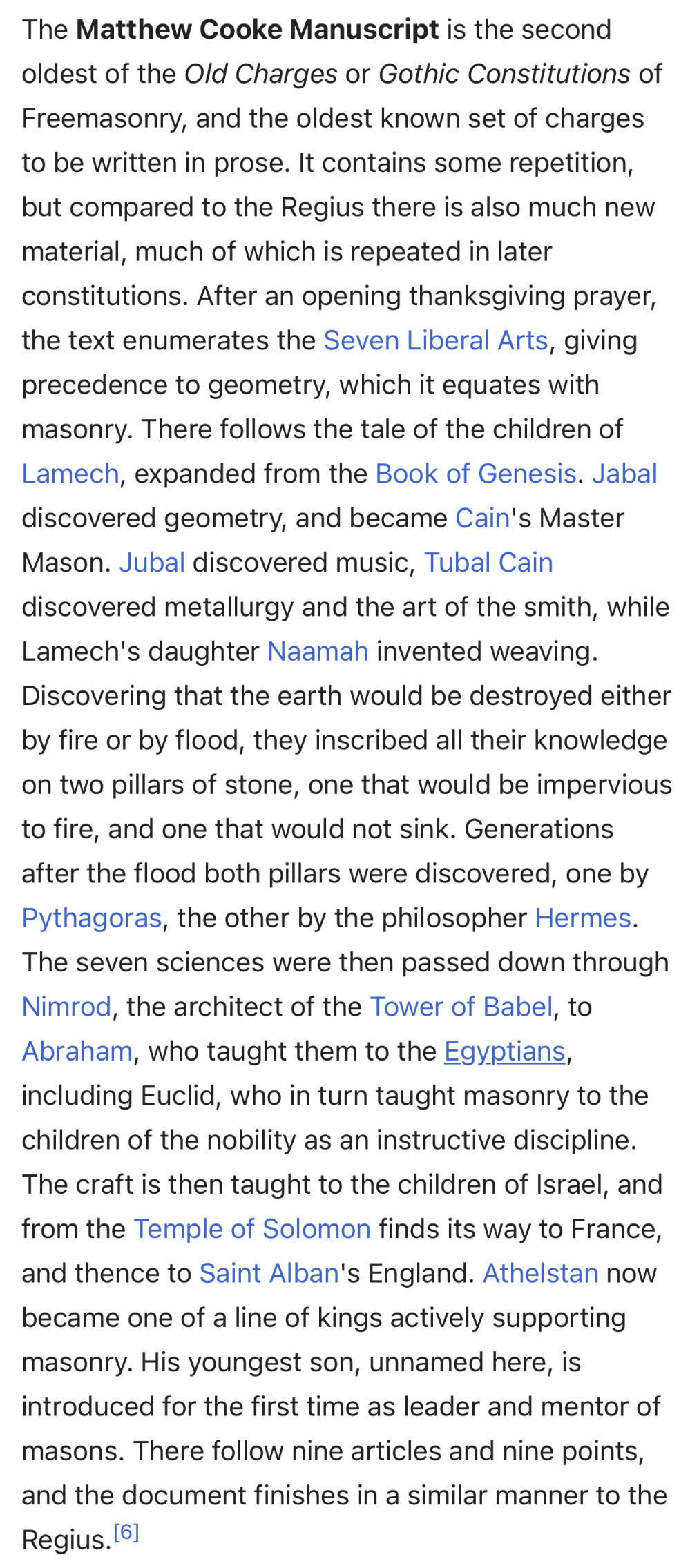Notice: Trying to access array offset on value of type bool in /home/admin/www/v2.anonup.com/themes/default/apps/timeline/post.phtml on line 1
Notice: Undefined index: owner in /home/admin/www/v2.anonup.com/themes/default/apps/timeline/post.phtml on line 36
Notice: Trying to access array offset on value of type null in /home/admin/www/v2.anonup.com/themes/default/apps/timeline/post.phtml on line 36
Notice: Undefined index: owner in /home/admin/www/v2.anonup.com/themes/default/apps/timeline/post.phtml on line 37
Notice: Trying to access array offset on value of type null in /home/admin/www/v2.anonup.com/themes/default/apps/timeline/post.phtml on line 37
Only followers of this user () can see their posts
Notice: Trying to access array offset on value of type bool in /home/admin/www/v2.anonup.com/themes/default/apps/timeline/post.phtml on line 1
Notice: Undefined index: owner in /home/admin/www/v2.anonup.com/themes/default/apps/timeline/post.phtml on line 36
Notice: Trying to access array offset on value of type null in /home/admin/www/v2.anonup.com/themes/default/apps/timeline/post.phtml on line 36
Notice: Undefined index: owner in /home/admin/www/v2.anonup.com/themes/default/apps/timeline/post.phtml on line 37
Notice: Trying to access array offset on value of type null in /home/admin/www/v2.anonup.com/themes/default/apps/timeline/post.phtml on line 37
Only followers of this user () can see their posts
Us Scots will fight to death... keep that in mind.
US LEGAL resident alien, WWG1WGA, Out of Darkness into Light. Tallyho!!
Lots of remote areas in Scotland... many only accessible by sea.
Crappy weather helps too.
How many times will Scotland be ground under, until all that remains are the sheep? The Poison Dwarfs need to pick up their axes and get on with it.
Celts are very strong with the Source Force... they just have to remember that.
Celtic (adj.)
also Keltic, 1650s, in archaeology and history, "pertaining to the (ancient) Celts," from French Celtique or Latin Celticus "pertaining to the Celts" (see Celt). In reference to the language group including Irish, Gaelic, Welsh, Breton, etc., from 1707
From Ancient Greek σκότος (skótos, “darkness”).
a slight burn, or a mark caused by burning: The fire left scorch marks halfway up the wall.
céltico m (feminine singular céltica, masculine plural célticos, feminine plural célticas, not comparable)
Celtic (of the Celts; of the style of the Celts)
Synonym: celta
A CELTICAE
𐌂𐌀𐌄 • (Cae) (genitive 𐌂𐌀𐌄𐌔)
Gaius, Caius
the gens Caia
𐌀𐌓𐌍𐌈·𐌂𐌀𐌄·𐌂𐌀𐌄𐌔·𐌌𐌀𐌓𐌂𐌍𐌀𐌔
Arnth Cae Caes Marcnas
Arunte Caius (son) of Marcinius Caiu
The name Caius is a boy's name of Latin origin meaning "rejoice".
1300, "source of pleasure or happiness," from Old French joie "pleasure, delight, erotic pleasure, bliss, joyfulness" (11c.), from Latin. ... "feelings and expressions of joy, exultation, or gladness," late 14c., rejoising, verbal noun from rejoice (v.). Related: Rejoicingly.
rejoicement (countable and uncountable, plural rejoicements)
(obsolete) Rejoicing.
rejoicing (countable and uncountable, plural rejoicings)
An act of showing joy.
There was much rejoicing when the good news finally arrived.
rejoice (v.) c. 1300, rejoisen, "to own (goods, property), possess, enjoy the possession of, have the fruition of," from Old French rejoiss-, present participle stem of rejoir, resjoir "gladden, rejoice," from. From mid-14c.
"fear took possession of my soul"
The condition or affliction of being possessed by a demon or other supernatural entity.
Back then, people with psychiatric disorders were sometimes thought to be victims of demonic possession.
The condition of being under the control of strong emotion or madness.
Spirit possession is an unusual or altered state of consciousness and associated behaviors purportedly caused by the control of a human body by spirits, ghosts, demons, or gods. The concept of spirit possession exists in many cultures and religions, including Buddhism, Christianity, Haitian Vodou, Hinduism, Islam, Wicca, and Southeast Asian and African traditions. Depending on the cultural context in which it is found, possession may be considered voluntary or involuntary and may be considered to have beneficial or detrimental effects on the host.
Spirit possession, psychokinetic control of the behavior of a living thing or natural object by a spiritual being
ghost
/ɡəʊst/
Origin
Old English gāst (in the sense ‘spirit, soul’), of Germanic origin; related to Dutch geest and German Geist . The gh- spelling occurs first in Caxton, probably influenced by Flemish gheest .
mid 19th century: from German Poltergeist, from poltern ‘create a disturbance’ + Geist ‘ghost’.
In ghostlore, a poltergeist (/ˈpoʊltərˌɡaɪst/ or /ˈpɒltərˌɡaɪst/; German for "loud ghost" or "noisy spirit") is a type of ghost or spirit that is responsible for physical disturbances, such as loud noises and objects being moved or destroyed. Most claims about or fictional descriptions of poltergeists show them as capable of pinching, biting, hitting, and tripping people. They are also depicted as capable of the movement or levitation of objects such as furniture and cutlery, or noises such as knocking on doors.
levitate
/ˈlɛvɪteɪt/
Origin
late 17th century: from Latin levis ‘light’, on the pattern of gravitate .
If you say that someone or something rises or comes back from the dead, you mean that they become active or successful again after being inactive for a while. This was a company that, by all appearances, had risen from the dead.
1. Literally, to return to life or a life-like state after death. Easter is the holy celebration of when Christ rose from the grave. It's yet another film about zombies rising from the grave to eat the living.
wake the dead
To be extremely noisy and disruptive. ... Having so many kids running around screaming all at once, it was loud enough to wake the dead!
"Can ye hear the Hampden roar?"
Middle English roren, "shout out, cry out with a full, loud, continued sound," from Old English rarian "roar, wail, lament, bellow, cry," probably of imitative origin (compare Middle Dutch. Of animals, the wind, etc., early 14c. Sense of "laugh loudly and continuously" is by 1815.
roaring (plural roarings)
A loud, deep, prolonged sound, as of a large beast; a roar.
roar (third-person singular simple present roars, present participle roaring, simple past and past participle roared)
(intransitive) To make a loud, deep cry, especially from pain, anger, or other strong emotion.
anger (“grief, pain, trouble, affliction, vexation, sorrow, wrath”), from Old Norse angr, ǫngr (“affliction, sorrow”) (compare Old Norse ang, ǫng (“troubled”)), from Proto-Germanic *angazaz (“grief, sorrow”), from Proto-Indo-European *h₂enǵʰ- (“narrow, tied together”). Cognate with Danish anger (“regret, remorse”), Norwegian Bokmål anger (“regret, remorse”), Swedish ånger (“regret”), Icelandic angur (“trouble”), Old English ange, enge (“narrow, close, straitened, constrained, confined, vexed, troubled, sorrowful, anxious, oppressive, severe, painful, cruel”), Dutch anjer (“carnation”), German Angst (“anxiety, anguish, fear”), Latin angō (“squeeze, choke, vex”), Albanian ang (“fear, anxiety, pain, nightmare”), Avestan 𐬀𐬢𐬭𐬀 (aŋra, “destructive”), Ancient Greek ἄγχω (ánkhō, “I squeeze, strangle”), Sanskrit अंहु (aṃhu, “anxiety, distress”). Also compare with English anguish, anxious, quinsy, and perhaps to awe and ugly. The word seems to have originally meant “to choke, squeeze”.
anger (countable and uncountable, plural angers)
A strong feeling of displeasure, hostility or antagonism towards someone or something, usually combined with an urge to harm, often stemming from perceived provocation, hurt, or threat.
You need to control your anger.
threat; plural noun: threats
1.
a statement of an intention to inflict pain, injury, damage, or other hostile action on someone in retribution for something done or not done.
"members of her family have received death threats"
threatening remark
warning
ultimatum
intimidating remark
commination
menaces
menacing
LAW
a menace of bodily harm, such as may restrain a person's freedom of action.
a person or thing likely to cause damage or danger.
menace
hazard
threat
risk
peril
source of apprehension
source of dread
source of fright
source of fear
source of terror
Date Location Allies Enemies Result
Battle of Dollar 875 Stirlingshire, Scotland None Denmark Denmark Defeat
Battle of Brunanburh 937 Uncertain Kingdom of Dublin
Kingdom of Strathclyde Kingdom of England Defeat
Battle of Bauds 962 Banffshire, Scotland None Norsemen Victory
Battle of Barry 1010 Angus, Scotland None Denmark Denmark Victory
Battle of Carham 1016 or 1018 Northumberland, England Kingdom of Strathclyde Kingdom of England Victory
Battle of Alnwick 13 November 1093 Northumberland, England None Kingdom of England Defeat
Battle of Clitheroe 10 June 1138 Lancashire, England None Royal Arms of England (1154-1189).svg Kingdom of England Victory
Battle of the Standard 22 August 1138 Yorkshire, England None Royal Arms of England (1154-1189).svg Kingdom of England Defeat
Battle of Renfrew 1164 Near Renfrew, Scotland None Kingdom of t
Battle of Renfrew 1164 Near Renfrew, Scotland None Kingdom of the Isles Victory
Battle of Alnwick 13 July 1174 Northumberland, England None Royal Arms of England (1154-1189).svg Kingdom of England Defeat
Battle of Enbo 1259 Dornock, Scotland None Denmark Denmark Victory
Battle of Largs 2 October 1263 Ayrshire, Scotland None Norway Kingdom of Norway Victory
Battle of Ronaldsway 8 October 1275 Isle of Man None Manx rebels Victory
Battle of Turnberry February 1307 Ayrshire, Scotland None Royal Arms of England (1198-1340).svg Kingdom of England Victory
Battle of Loch Ryan 9–10 February 1307 Dumfries and Galloway, Scotland None Royal Arms of England (1198-1340).svg Kingdom of England Defeat
Battle of Glen Trool March 1307 Dumfries and Galloway, Scotland None Royal Arms of England (1198-1340).svg Kingdom of England Victory
Battle of Loudoun Hill 10 May 1307 Ayrshire, Scotland None Royal Arms of England (1198-1340).svg Kingdom of England Victory
Siege of Roxburgh Castle 1314 Roxburghshire, Scotland None Royal Arms of England (1198-1340).svg Kingdom of England Victory
Siege of Edinburgh Castle 1314 Edinburgh, Scotland None Royal Arms of England (1198-1340).svg Kingdom of England Victory
Battle of Bannockburn 23–24 June 1314 Stirlingshire, Scotland None Royal Arms of England (1198-1340).svg Kingdom of England
Battle of Moiry Pass September 1315 County Armagh, Northern Ireland Irish allies Coat of arms of the Lordship of Ireland.svg Lordship of Ireland Victory
Battle of Connor September 1315 County Antrim, Northern Ireland Irish allies Coat of arms of the Lordship of Ireland.svg Lordship of Ireland Victory
Siege of Carlisle 1315 Carlisle, England None Royal Arms of England (1198-1340).svg Kingdom of England Defeat
Battle of Kells November 1315 County Meath, Ireland Irish allies Coat of arms of the Lordship of Ireland.svg Lordship of Ireland Victory
Battle of Skerries 26 January 1316 County Kildare, Ireland Irish allies Coat of arms of the Lordship of Ireland.svg Lordship of Ireland Victory
Battle of Skaithmuir February 1316 Berwickshire, Scotland None Royal Arms of England (1198-1340).svg Kingdom of England Victory
Capture of Berwick April 1318 Berwickshire, Scotland None Royal Arms of England (1198-1340).svg Kingdom of England Victory
Battle of Faughart 14 October 1318 County Louth, Ireland Irish allies Coat of arms of the Lordship of Ireland.svg Lordship of Ireland Defeat
Battle of Myton 20 September 1319 Yorkshire, England None Royal Arms of England (1198-1340).svg Kingdom of England Victory
Battle of Old Byland 14 October 1322 Yorkshire, England None Royal Arms of England (1198-1340).svg Kingdom of England Victory
Battle of Stanhope Park 3–4 August 1327 County Durham, England
Battle of Kinghorn 6 August 1332 Fife, Scotland None Edward Balliol and the Disinherited Defeat
Battle of Dupplin Moor 10–11 August 1332 Perthshire, Scotland None Edward Balliol and the Disinherited Defeat
Battle of Annan 16 December 1332 Dumfries and Galloway, Scotland None Edward Balliol and the Disinherited Victory
Battle of Dornock 25 March 1333 Dumfries and Galloway, Scotland None Royal Arms of England (1198-1340).svg Kingdom of England Defeat
Battle of Halidon Hill 19 July 1333 Berwickshire, Scotland None Royal Arms of England (1198-1340).svg Kingdom of England Defeat
Battle of Boroughmuir 30 July 1335 Edinburgh, Scotland None Royal Arms of England (1198-1340).svg Kingdom of England Victory
Battle of Culblean 30 November 1335 Aberdeenshire, Scotland None the Disinherited and supporters of Edward Balliol Victory
Battle of Neville's Cross 17 October 1346 County Durham, England None Royal Arms of England (1340-1367).svg Kingdom of England Defeat
Battle of Nesbit Moor August 1355 Berwickshire, Scotland None Royal Arms of England (1340-1367).svg Kingdom of England Victory
The Old Calton Burial Ground is a cemetery in Edinburgh, Scotland. It located at Calton Hill to the north-east of the city centre. The burial ground was opened in 1718, and is the resting place of several notable Scots, including philosopher David Hume, scientist John Playfair, rival publishers William Blackwood and Archibald Constable, and clergyman Dr Robert Candlish. It is also the site of the Political Martyrs' Monument, an obelisk erected to the memory of a number of political reformers, and Scotland's American Civil War Memorial.
The Scottish American Memorial, or Scots American War Memorial, is in West Princes Street Gardens in Edinburgh. It was called "The Call 1914", and it was erected in 1927 and shows a kilted infantryman looking towards Castle Rock. Behind the main statue is a frieze showing queues of men answering the call by following a kilted pipe band. The memorial was given by Scottish-Americans to honour Scots who had served in the first World War
The Call
Caledonia (/ˌkælɪˈdoʊniə/, Latin: Calēdonia [käɫ̪eːˈd̪ɔniä]) was the Latin name used by the Roman Empire to refer to the part of Great Britain (Latin: Britannia) that lies north of the River Forth, which includes most of the land area of Scotland. Today, it is used as a romantic or poetic name for all of Scotland
Caesarion was the eldest son of Cleopatra and the only known biological son of Julius Caesar, after whom he was named. He was the last sovereign member of the Ptolemaic dynasty of Egypt.
The name is actually derived from the Latin word “caedare,” which means “to cut.” While Caesar might get credit for the name, historians believe that the C-section was used before his time. It was primarily used to help birth babies whose mothers were dying or died from birth.
The English term king is derived from the Anglo-Saxon cyning, which in turn is derived from the Common Germanic *kuningaz. The Common Germanic term was borrowed into Estonian and Finnish at an early time, surviving in these languages as kuningas. It is a derivation from the term *kunjom "kin" (Old English cynn) by the -inga- suffix. The literal meaning is that of a "scion of the [noble] kin", or perhaps "son or descendant of one of noble birth" (OED).
"Technically, a grant of arms from the Lord Lyon is a patent of nobility (also referred to as a 'Diploma of Nobility'); the Grantee is thereby 'enrolled with all nobles in the noblesse of Scotland."
a blessing in disguise
phrase of blessing
an apparent misfortune that eventually has good results.
"being omitted from the World Cup squad was a blessing in disguise"
guise
/ɡʌɪz/
Origin
Middle English: from Old French, of Germanic origin; related to wise
From Middle English guise, gise, gyse, from Old French guisse, guise, vise (“guise, manner, way”), from Old Frankish *wīsa (“manner, way, fashion”), from Proto-Germanic *wīsǭ (“manner, way”), from Proto-Indo-European *weyd- (“to see, view, behold, perceive”). Cognate with Old High German wīsa (“way, manner”), Old English wīse (“wise, way, fashion, custom, habit, manner”), Dutch wijze (“manner, way”). More at wise.
Etymology
Unadapted borrowing from German Poltergeist, from poltern (“to rumble”) + Geist (“ghost”).
poltergeistlike (comparative more poltergeistlike, superlative most poltergeistlike)
Resembling or characteristic of a poltergeist.
From Middle English likinge, likinde, likende, likande, licande, from Old English līciende, līciġende, from Proto-Germanic *līkāndz, present participle of Proto-Germanic *līkāną, equivalent to like + -ing.
Verb
liking
present participle of like
pol m (plural pols)
pole
el pol Sud ― the South Pole
pol magnètic ― magnetic pole
Related terms
polar
Geist
/ɡʌɪst/
Origin
German; related to ghost.
From German Geist (“spirit, ghost, mind”). Doublet of ghost.
geist (plural geists)
Ghost, apparition.
Spirit (of a group, age, era, etc).
geist
elative singular of gei
Old High German
Alternative forms
gheist, keist
Etymology
From Proto-West Germanic *gaist, from Proto-Germanic *gaistaz.
Noun
geist m (plural geista)
spirit
Old High German word keist comes from Proto-Indo-European *ǵʰey-, and later Proto-Germanic *gaistaz (Mind. Spirit, ghost. Terror, fear.)
gei
Soft mutation of kei.
gei (plural geis)
Alternative form of gi
gi
Soft mutation of ki.
Chamorro Edit
Preposition Edit
gi
at
in
on
gi f (invariable)
The name of the Latin-script letter G.; gee
Gジー • (jī)
G, gravity
from a modification of the Latin letter C (“ce”), from the Etruscan letter 𐌂 (c, “ce”), from the Ancient Greek letter Γ (G, “gamma”), derived from the Phoenician letter 𐤂 (g, “giml”), from the Egyptian hieroglyph
hieroglyph; plural noun: hieroglyphs
a stylized picture of an object representing a word, syllable, or sound, as found in ancient Egyptian and certain other writing systems.
"hieroglyphs describing the Mayan calendar"
a secret or incomprehensible symbol.
Giza
place in Egypt, from Arabic Er-ges-her "beside the high," i.e., the Great Pyramid.
energize (third-person singular simple present energizes, present participle energizing, simple past and past participle energized)
(transitive) To invigorate; to make energetic.
(transitive) To supply with energy, especially electricity; to turn on power to (something).
Whenever we energize that circuit we blow a fuse.
(intransitive, obsolete) To use strength in action; to act or operate with force or vigor; to act in producing an effect
energizar (first-person singular present indicative energizo, past participle energizado)
to energize (to make energetic, lively)
Synonym: estimular
to energize (to supply with energy, especially electricity)
Conjugation
Conjugation of the Portuguese -ar verb energizar
Related terms
energia
Gianna is a female Italian given name, a diminutive form of Giovanna. In English it is translated as Joann or Joanna. These names both mean "God is gracious" or as some people say "the Lord is gracious". See also "John (given name)" for the origin. Here are some names close to Gianna: Gia, Gina and Jenna. Common nicknames may include: Gigi, Gia, and Gi.
Anna is a feminine given name, the Latin form of the Greek: Ἄννα and the Hebrew name Hannah (Hebrew: חַנָּה Ḥannāh), meaning "favour" or "grace" or "beautiful".
Annabelle is a feminine given name of French origin, a combination of the Latin name Anna, which comes from the Hebrew word for grace, and the French word belle, meaning beauty.
The name means favored grace.
noun: grace; noun: grace period; plural noun: grace periods; noun: His Grace; noun: Her Grace; noun: Your Grace; plural proper noun: Graces; plural noun: the Graces; plural proper noun: Three Graces
1.
smoothness and elegance of movement.
"she moved through the water with effortless grace
(in Christian belief) the free and unmerited favour of God, as manifested in the salvation of sinners and the bestowal of blessings.
a divinely given talent or blessing.
plural noun: graces
Etymology. The word "race", interpreted to mean an identifiable group of people who share a common descent
Meritaten Tasherit, which means Meritaten the Younger was an ancient Egyptian princess of the 18th Dynasty. She is likely to have been the daughter of Meritaten, eldest daughter of Pharaoh Akhenaten. Who her father was remains a matter of debate.
Evans then makes connections to argue that these boats could originate from Egypt, as the timeframe fits the dating of the faience beads.
While investigating the origins of the people of Scotland in the Bower manuscript, the Scotichronicon, she discovers the story of Scota, the Egyptian princess and daughter of a pharaoh who fled from Egypt with her husband Gaythelos with a large following of people who arrive in a fleet of ships. They settled in Scotland for a while amongst the natives, until they were forced to leave and landed in Ireland, where they formed the Scotti, and their kings became the high kings of Ireland. In later centuries, they returned to Scotland, defeating the Picts, and giving Scotland its name.
Meritaten also may have served as pharaoh in her own right under the name Ankhkheperure Neferneferuaten
12th-century sources state that another Scota was the daughter of an Egyptian pharaoh contemporary with Moses. Scota married Niul's son Geytholos (Goídel Glas), the founder of the Scots and Gaels after they were exiled from Egypt.
Midian (/ˈmɪdiən/; Hebrew: מִדְיָן Mīḏəyān [mid.jaːn]; Arabic: مَدْيَن, romanized: Madyan; Greek: Μαδιάμ, Madiam)[a] is a geographical place mentioned in the Hebrew Bible and Quran. William G. Dever states that biblical Midian was in the "northwest Arabian Peninsula, on the east shore of the Gulf of Aqaba on the Red Sea", an area which he notes was "never extensively settled until the 8th–7th century B.C."
From Old Irish dían (“swift, rapid”), from Proto-Celtic *dēnos, from Proto-Indo-European *deyh₁- (“fly, move swiftly”); compare Ancient Greek δίεμαι (díemai, “hasten”), Sanskrit दीयति (dī́yati, “fly”).
dian (comparative dèine)
passionate, enthusiastic, zealous, fervent, eager, keen
Synonyms
dealasach
dìoghrasach
Derived terms
dian-amhairc (“stare”)
dian-bhriathrach (“assertive”)
dian-ruith (“rush”, noun)
dian-thograch (“ambitious”)
dian
(obsolete or dialectal) Alternative form of diyan
Diana recalls the Greek and Roman goddess Diana. Diana translates to Artemis form latin. The name can be traced back to the Proto-Indo-European root dyeu or dyeus and div- meaning "to shine" or "sky", dius, deus and diwio, "deity, god, godlike" and dium meaning Universe. The meanings are therefore "heavenly", "holy", "divine", "demonic", "celestial", "cosmic", "nebulous", "chaotic", "abyssal", "void", "luminous", "shining", and in a broader sense "which brings the day", "which has light", "which has divine power", "which belongs to the void/abyss/chaos" and "which comes from the Universe/outer space".
From Latin mater, matrem.
Noun
mai
mother
Marianna
A female given name, equivalent to English Marian.
Declension
Inflection of Marianna (Kotus type 9/kala, no gradation)
nominative
Marianna
Mariannat
Anat (/ˈɑːnɑːt/, /ˈænæt/), Anatu, classically Anath (/ˈeɪnəθ, ˈeɪˌnæθ/; Hebrew: עֲנָת ʿĂnāth; Canaanite: 𐤏𐤍𐤕 ʿAnōt; Ugaritic: 𐎓𐎐𐎚 ʿnt; Greek: Αναθ Anath; Egyptian Antit, Anit, Anti, or Anant) is a major northwest Semitic goddess. Her attributes vary widely among different cultures and over time, and even within particular myths. She likely heavily influenced the character of the Greek goddess Athena.
The meaning of the name Mayah is 'close to God'. It is also derived from the word 'mayim' which means 'water'.
The second room is dedicated to the burial rites associated with Maia. Maia is shown in front of offering bearers.[5] She is depicted as a mummy in relation to the opening of the mouth ritual and she is standing before the underworld god Osiris.
Due to the close resemblance of Maia with Tutankhamun's sister Meritaten, it was suggested that the two are identical.
Maia is a Greek feminine given name often used as the feminized form of "Thomas" in reference to Thomas the Apostle but it may also be in reference to the mythic mother of Hermes.[1] It is also a popular Māori name meaning "brave or confident."
Maia
A female given name, a traditional vernacular form of Maria / Maarja.
(Greek mythology, Roman mythology) Maia.
Related terms
Mai, Maie
From Latin Maria, from Ancient Greek Μαρία (María), Μαριάμ (Mariám), from Aramaic מרים (Maryām), corresponding to the Hebrew מרים (Miryām). Doublet of Mary.
From Middle English Marie, from Old French Marie, from Latin Maria, from Ancient Greek Μαρία (María), Μαριάμ (Mariám), from Aramaic מַרְיָם (maryām) or Hebrew מִרְיָם (miryām), of uncertain meaning. Most likely originally an Egyptian name, perhaps derived in part from mry "beloved" or mr "love". Doublet of Miriam.
Mary /ˈmɛəˌri/ is a feminine given name, the English form of the name Maria, which was in turn a Latin form of the Greek name Μαρία (María), found in the New Testament. Both variants reflect Syro-Aramaic Maryam, itself a variant of the Hebrew name מִרְיָם or Miryam.
The name may have originated from the Egyptian language; it is likely derivative of the root mr "love; beloved" [2] (compare mry.t-ymn "Merit-Amun", i.e. "beloved of Amun").
The name was early etymologized as containing the Hebrew root mr "bitter" (cf. myrrh), or mry "rebellious".
Maia bears the titles "wet nurse of the king", "educator of the god's body" and "great one of the harem". Her origin and relatives are not known. Apart from Tutankhamun, the Overseer of the Magazine Rahotep, the High Priest of Thoth, and scribes named Tetinefer and Ahmose are mentioned in inscriptions.
Maia (/ˈmeɪ.ə/; Ancient Greek: Μαῖα; Latin: Maia),[1] in ancient Greek religion, is one of the Pleiades and the mother of Hermes by Zeus.
According to several references in medieval Irish mythology,[which?] Scotia was the wife of the former Milesius and mother of six sons. She was killed in battle with the legendary Tuatha Dé Danann on the nearby Slieve Mish Mountains.[citation needed] Scotia was said to have come to Ireland in 1700 BC, to avenge the death of her husband, the King, who had been wounded in a previous ambush in south Kerry.
In Irish origin myths, Míl Espáine or Míl Espáne (later Latinized as Milesius; also Miled/Miledh) is the mythical ancestor of the final inhabitants of Ireland, the "sons of Míl" or Milesians, who represent the vast majority of the Irish Gaels. His father was Bile, son of Breogan.
He served as a soldier in Scythia and Egypt, before remembering a prophecy that his descendants would rule Ireland. He set off to the west, getting as far as Iberia where he fought several battles before dying, never seeing Ireland himself.
His wife Scota and his uncle Íth, who had spied Ireland from a tower, sailed to Ireland where Íth was killed by the Tuatha Dé Danann. When his body was brought back to Iberia, Míl's eight sons and Íth's nine brothers invaded Ireland and defeated the Tuatha Dé Danann.
Etymology. The word Portugal derives from the Roman-Celtic place name Portus Cale. Cale or Cailleach was the name of a Celtic deity and the name of an early settlement located at the mouth of the Douro River (present-day Vila Nova de Gaia), which flows into the Atlantic Ocean in the north of what is now Portugal.
His name is described by Mark Williams as an "etymological fiction"[1] translated from the Latin Miles Hispaniae, meaning "Soldier of Hispania", which is attested in a passage (§ 13) in the 9th-century pseudo-historical work Historia Brittonum ("The History of the Britons") by Nennius.[2] According to the Lebor Gabála Érenn or the Book of Invasions where this tale is recorded his real name is Galam which is equivalent to Columba and its derivatives such as Malcolm and Callum.
The work offers an account of how Ireland was successively taken by settlers from Spain, among them Partholom, Nimeth and the "three sons of a Hispanic soldier" (tres filii militis Hispaniae).[3] As A.G. van Hamel has suggested, the status of Iberia as the land of origin can be traced back to Isidore of Seville, who in the introduction to his history of the Goths, Vandals and Suebi had elevated Spain to the "mother of all races".[4] A further explanation may lie in the mistake made by some classical geographers in locating Ireland closely opposite Iberia. For instance, the Lebar Gabála (§ 100) recounts that from Bregon's Tower, the Milesian Íth was able to see right across the sea to Ireland. In galician history, that tower is the Torre de Hercules, Hercule Tower, in A Coruña, Galicia.
Breogán (also spelt Breoghan, Bregon or Breachdan) is a character in the Lebor Gabála Érenn, a medieval Christian history of Ireland and the Irish (or Gaels). He is supposedly the son of Brath,[1] and is described as an ancestor of the Gaels. The Lebor Gabála purports to be an account of how the Gaels descend from Adam through the sons of Noah and how they came to Ireland.
It tells us that they spent 440 years wandering the Earth and underwent a series of trials and tribulations. Eventually, they sail to Iberia and conquer it. There, one of their leaders, Breogán, founds a city called Brigantia and builds a great tower. From the top of the tower, his son Íth glimpses Ireland. The Gaels, including some of Breogán's sons, sail to Ireland from Brigantia and agree to divide it between them and the Tuatha Dé Danann, the Irish pagan gods, who take the Otherworld. Brigantia likely refers to A Coruña in present-day Galicia [2] and Breogán's tower is likely based on the Tower of Hercules (which was built at A Coruña by the Romans) or the Tower of Babel.
Fénius Farsaid (also Phoeniusa, Phenius, Féinius; Farsa, Farsaidh, many variant spellings) is a legendary king of Scythia who appears in different versions of Irish mythology. He was the son of Boath, a son of Magog. Other sources describe his lineage from the line of Gomer. According to some traditions, he invented the Ogham alphabet and the Gaelic language.
According to recensions M and A of the Lebor Gabála Érenn, Fénius and his son Nél journeyed to the Tower of Babel (in recension B, it is Rifath Scot son of Gomer instead). Nél, who was trained in many languages, married Scota, daughter of Pharaoh Cingris of Egypt, producing their son Goidel Glas.
In the Lebor Gabála Érenn (11th century), he is said to be one of the 72 chieftains who built Nimrod's Tower of Babel, but travelled to Scythia after the tower collapsed.
The Minoan eruption was a catastrophic volcanic eruption that devastated the Aegean island of Thera (also called Santorini) in around 1600 BCE.[1][2][3] It destroyed the Minoan settlement at Akrotiri, as well as communities and agricultural areas on nearby islands and the coast of Crete with subsequent earthquakes and tsunamis.[4] With a VEI magnitude between 6 and 7, resulting in an ejection of approximately 60 km3 (14 cu mi) of dense-rock equivalent (DRE),[5][6] the eruption was one of the largest volcanic events on Earth in human history.[7][8][9]
Modern estimates of dating the Great Pyramid and Khufu's first regnal year
Author (year) Estimated date
Greaves (1646)[23] 1266 BC
Gardiner (1835)[24] 2123 BC
Lepsius (1849)[25] 3124 BC
Bunsen (1860)[26] 3209 BC
Mariette (1867)[27] 4235 BC
Breasted (1906)[28] 2900 BC
Hassan (1960)[29] 2700 BC
O'Mara (1997)[30] 2700 BC
Beckarath (1997)[31] 2554 BC
Arnold (1999)[32] 2551 BC
Spence (2000)[33] 2480 BC
Shaw (2000)[34] 2589 BC
Hornung (2006)[35] 2509 BC
Ramsey et al. (2010)[36] 2613–2577 BC
The Great Pyramid has been determined to be about 4600 years old by two principal approaches: indirectly, through its attribution to Khufu and his chronological age, based on archaeological and textual evidence; and directly, via radiocarbon dating of organic material found in the pyramid and included in its mortar.
Herodotus writes that the Great Pyramid was built by Khufu (Hellenized as Cheops) who, he erroneously relays, ruled after the Ramesside Period (Dynasties XIX and XX).[46] Khufu was a tyrannical king, Herodotus claims, which may explain the Greek's view that such buildings can only come about through cruel exploitation of the people.[44] Herodotus further states that gangs of 100,000 labourers worked on the building in three-month shifts, taking 20 years to build.
There are a number of masonic manuscripts that are important in the study of the emergence of Freemasonry. Most numerous are the Old Charges or Constitutions. These documents outlined a "history" of masonry, tracing its origins to a biblical or classical root, followed by the regulations of the organisation, and the responsibilities of its different grades. More rare are old hand-written copies of ritual, affording a limited understanding of early masonic rites. All of those which pre-date the formation of Grand Lodges are found in Scotland and Ireland, and show such similarity that the Irish rituals are usually assumed to be of Scottish origin. The earliest Minutes of lodges formed before the first Grand Lodge are also located in Scotland. Early records of the first Grand Lodge in 1717 allow an elementary understanding of the immediate pre-Grand Lodge era and some insight into the personalities and events that shaped early-18th-century Freemasonry in Britain.
The Tower of Babel (Hebrew: מִגְדַּל בָּבֶל, Migdal Bavel) narrative in Genesis 11:1–9 is an origin myth meant to explain why the world's peoples speak different languages.
tower; 3rd person present: towers; past tense: towered; past participle: towered; gerund or present participle: towering
1.
rise to or reach a great height.
"he seemed to tower over everyone else"
soar
rise
loom
ascend
mount
rear
reach high
stand high
overshadow
overlook
overhang
hang over
dominate
soaring
rising
looming
ascending
mounting
rearing
reaching
standing
overshadowing
overlooking
hanging
dominating



